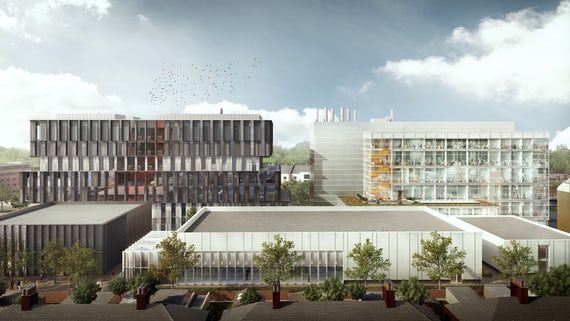Digital Technologies – Poison and Medicine for ReMakers
26 July 2021
In the 18th century Dr William Withering discovered the medicinal properties of the digitalis plant: a tiny quantity of cardiac glycosides extracted from its leaves could be used to re-establish a normal heart rhythm in his patients, especially following a heart attack. But it was later discovered that using more than 5 nanograms per ml of blood disables the cell-level sodium/potassium ion pump and may lead swiftly to a patient’s death.
In the 21st century, the useful lessons from Withering’s medical work still resonate, but with a new audience: those businesses extending the working life of used products through remanufacture.
New applications for digital technologies are discovered every day, and these improve and expand product functionality. Yet companies specialized in remanufacturing products as diverse as rail locomotives and farm tractors, transmissions and home printers, report that they can no longer disassemble the product and restore it to as-new condition because they are denied access by those who own the relevant digital Intellectual Property. It is as if a working product is given a fatal heart seizure. A customer has no choice but to buy an entirely new product, thereby starting another round of mining, refining, casting, shipping, manufacturing, and sale.
The ‘Right to Repair’ movement around the world has been organized in protest at digital technologies being used to poison products by making them prematurely obsolete.
But the story does not end here. “See a need, fill a need” said Mr BigWeld in the wonderful animated movie Robots. Digital innovators are now turning their minds to filling the need identified by the global ‘Right to Repair’ movement.
3D Printing is a technology that is now being used to support remanufacturing. It is why I support the work of the ReMakerSpace at Cardiff University. Instead of holding a warehouse full of expensive spare parts for years, 3D printers manufacture on demand at a far lower cost. Lower costs for 3D printed parts make remanufacturing more profitable. It is just one of a host of digital technologies that is being applied to extend the life of used products rather than poison them. Why not join in and find out more? Or if not… at least watch that old Robots movie.
David Fitzsimons is the Director of the European Remanufacturing Council, a member of the World Economic Forum Manufacturing and Production Council and a member of the UKRI Strategic Advisory Panel for the Circular Economy.
References:
The Chemistry of Foxgloves https://www.compoundchem.com/2016/06/21/foxgloves/
European Remanufacturing Network – Data www.remanufacturing.eu
William Withering: https://library.uthscsa.edu/2015/01/william-withering-and-the-beginnings-of-modern-therapeutics/
Comments
1 comment
Comments are closed.
- Disruptions to Global Supply Chains, Sustainability, and the Inventory Time Bomb
- Sustainability is Driving New Business Dynamics – Repurposing and Connected Collaboration Across Supply Chains
- Digital Technologies – Poison and Medicine for ReMakers
- RemakerSpace reshapes the future
- If they haven’t already, the coronavirus will force companies to re-think their elongated supply chain.
Nice blog David! And fully agree, join RemakerSpace and watch Robots! 🙂